MIT Researchers Solve Dendrites Mystery To Creating Smaller & Lighter Batteries
CleanTechnica EVs
NOVEMBER 26, 2022
A breakthrough regarding dendrites made by MIT researchers may finally open the way to the building of a new type of rechargeable lithium battery that is safer, lighter, and more compact than existing models, a concept that has been pursued by labs all over the world for years.

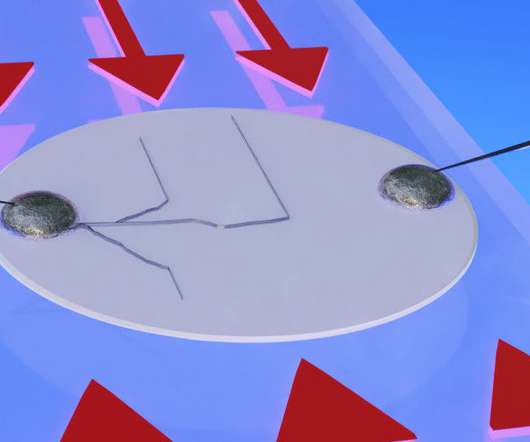





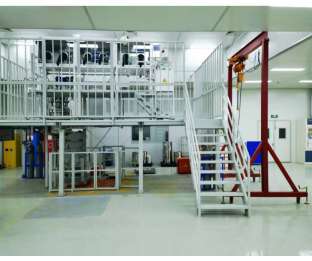







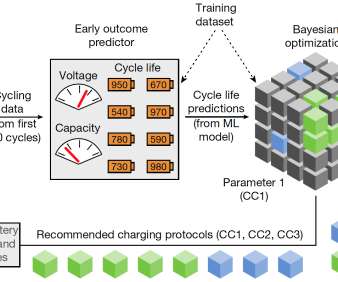


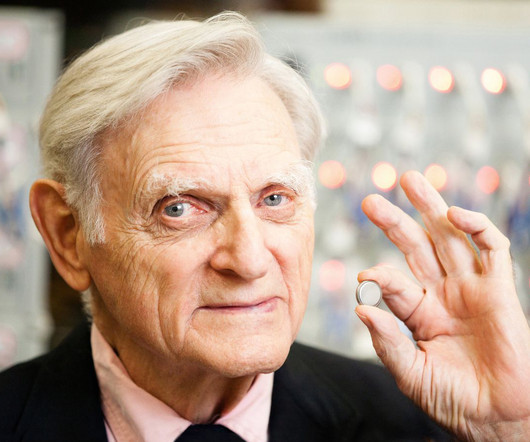





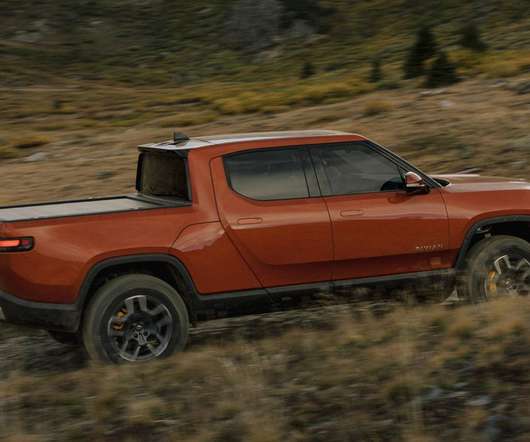















Let's personalize your content